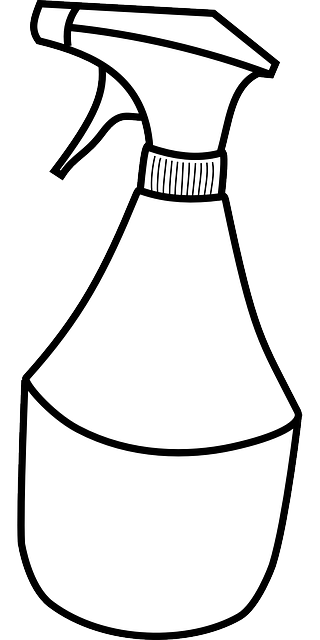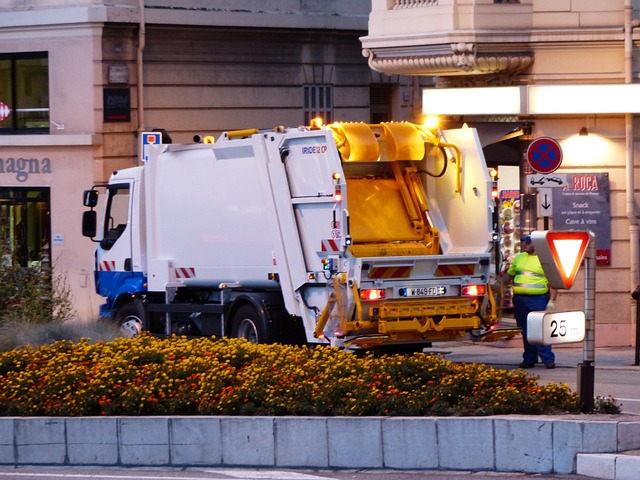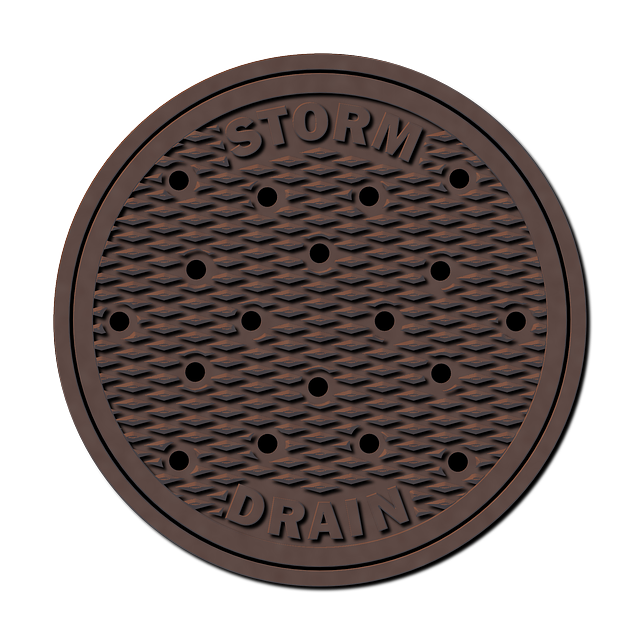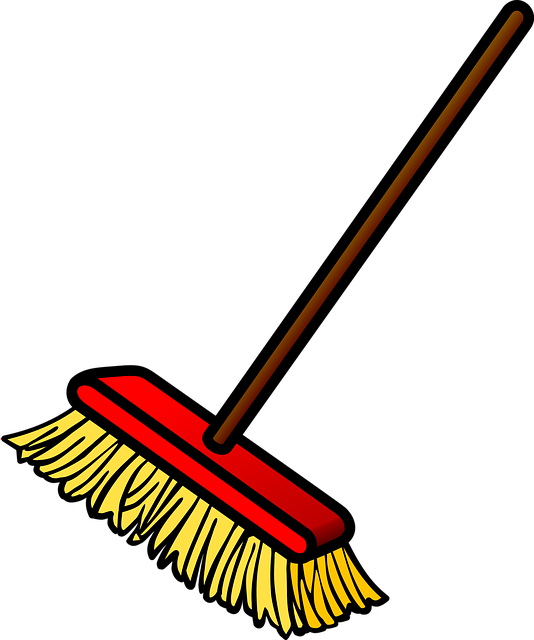This text explores the main causes of household drain clogs, including hair, grooming products, cooking greases, and foreign objects. It emphasizes the importance of regular cleaning and using covers as preventive measures. The article promotes chemical-free drain cleaning solutions like baking soda and vinegar, which are effective, safe for pipes and the environment, cost-effective, and easily accessible. Additionally, it highlights the benefits of hot water flushing, mechanical methods such as plungers and snake tools, and regular maintenance practices to prevent clogs and costly plumbing issues.
Unclogged drains are a common household hassle. Learn effective drain cleaning solutions for quick and lasting relief from clogged pipes. This guide explores diverse methods, from chemical-free options like baking soda and vinegar to hot water and mechanical tools like plungers. Discover preventive measures for regular maintenance, ensuring smooth-flowing drains. Say goodbye to clogs and embrace a hassle-free home with these expert drain cleaning tips.
Understanding Common Drain Clogs and Causes

Many household drains can get clogged over time, leading to annoying backups and overflows. Understanding the common causes of these clogs is key to effective drain cleaning. One of the primary culprits is hair and other debris from personal grooming products that accumulate in the trap or down the drain. Greases and fats from cooking also solidify in pipes, causing obstructions. Additionally, foreign objects like toys, cotton swabs, or even flushable wipes can find their way into drains, leading to serious clogs. These issues can be prevented by regularly cleaning traps and using drain covers to catch larger debris. Regular maintenance is crucial for keeping drains clear and avoiding costly plumbing emergencies.
Chemical-Free Drain Cleaning Solutions

Many traditional drain cleaning methods rely on harsh chemicals, which can be harmful to both your pipes and the environment. As a result, chemical-free drain cleaning solutions are becoming increasingly popular. These eco-friendly alternatives offer an effective way to unclog drains without exposing you or the planet to toxic substances.
Natural drain cleaners often use ingredients found in your kitchen pantry, such as baking soda and vinegar. When combined, these substances create a fizzing reaction that can cut through grease, soap scum, and other debris buildup. Additionally, using enzymes and plant-based detergents can help break down organic matter and restore the natural flow of your drains. These chemical-free solutions are not only safer but also cost-effective and readily available, making them an excellent choice for regular drain maintenance.
The Power of Baking Soda and Vinegar

The combination of baking soda and vinegar is a popular and effective drain cleaning solution. This natural duo works like a charm to clear clogs quickly and efficiently. When poured down the drain, baking soda acts as a mild abrasive, helping to break up any built-up residue or hair that might be causing the blockage. Meanwhile, vinegar’s acetic acid properties help to dissolve any grease or soap scum that could be contributing to the clog.
As the baking soda and vinegar mix, they create a fizzy reaction that can help to dislodge and wash away the offending material. This simple, yet powerful, method is not only effective but also environmentally friendly and chemical-free—a welcome alternative to harsh commercial drain cleaners.
Using Hot Water for Effective Unclogging

Pouring hot water down your drain is a quick and easy first step in unclogging it. The heat from the water helps to dissolve grease, soap scum, and other buildup that may be causing the clog. Simply boil some water on the stove or in the microwave, then carefully pour it down your sink, shower, or bathtub drain. This method is particularly effective for clogs caused by hair or other small debris that have accumulated over time.
Regularly flushing hot water down your drains can help prevent future clogs as well. It keeps the pipes warm, which prevents cold water from shocking them and causing constriction, and it helps to dissolve any lingering substances that might otherwise solidify and lead to blockages. Incorporating this simple, natural drain cleaning technique into your routine is an easy way to keep your plumbing in good working order.
Mechanical Methods: Plungers and Snake Tools

Mechanical methods, such as plungers and snake tools, offer effective solutions for drain cleaning. A plunger creates a seal around the clog, using suction to dislodge it. This simple yet powerful tool is useful for minor clogs caused by hair, soap scum, or small debris. On the other hand, snake tools, also known as augers, are flexible metal cables that can reach and break up stubborn clogs. They are particularly effective for deeper clogs in pipes, including those caused by grease buildup or foreign objects.
These mechanical methods are readily available, affordable, and easy to use, making them popular choices for homeowners. They provide a quick and efficient way to unclog drains without resorting to harsh chemicals or professional services immediately.
Preventive Measures for Regular Drain Maintenance

Regular drain maintenance is key in preventing clogs and keeping your plumbing system running smoothly. A simple yet effective preventive measure is to avoid pouring grease, fat, or oil down the sink or drain. These substances solidify over time, adhering to the sides of your pipes and leading to blockages. Instead, use a heat-based method or enzymes to break down grease before disposing of it properly.
Another crucial step is to install drain covers or catchers for sinks, tubs, and showers. These devices trap hair, soap scum, and other debris from entering the drains, significantly reducing the risk of clogs. Regularly cleaning these traps and scheduling professional drain cleaning services every 6-12 months will ensure your plumbing system remains in top condition, preventing costly repairs and maintaining optimal drainage efficiency.
